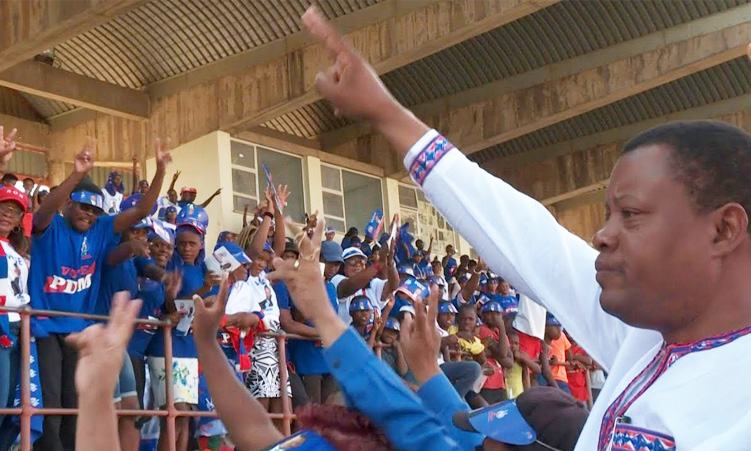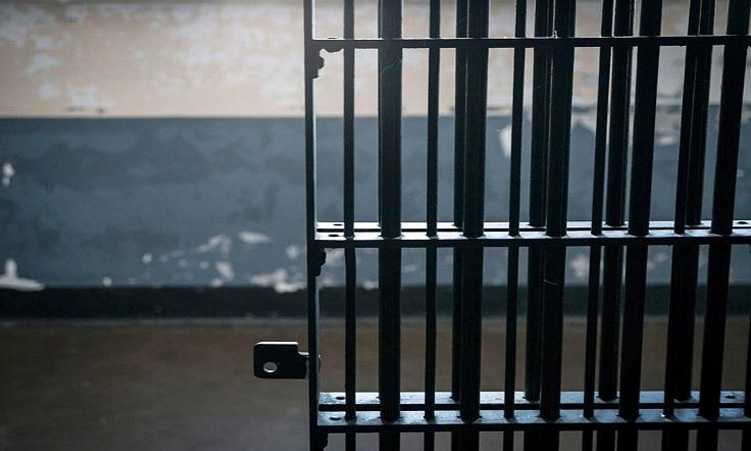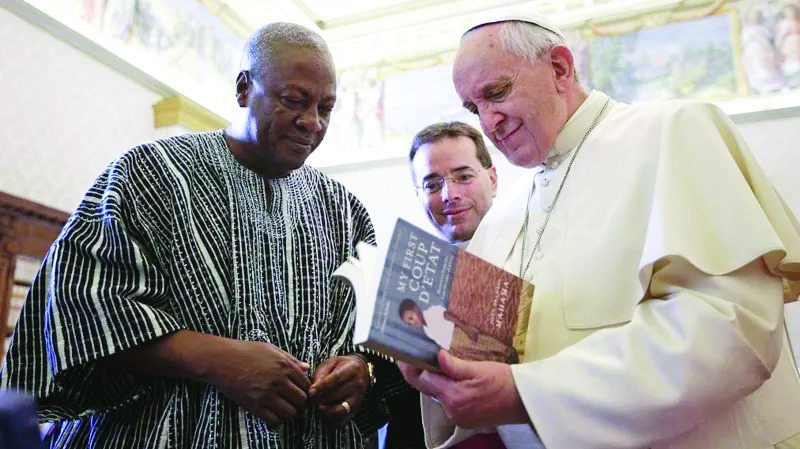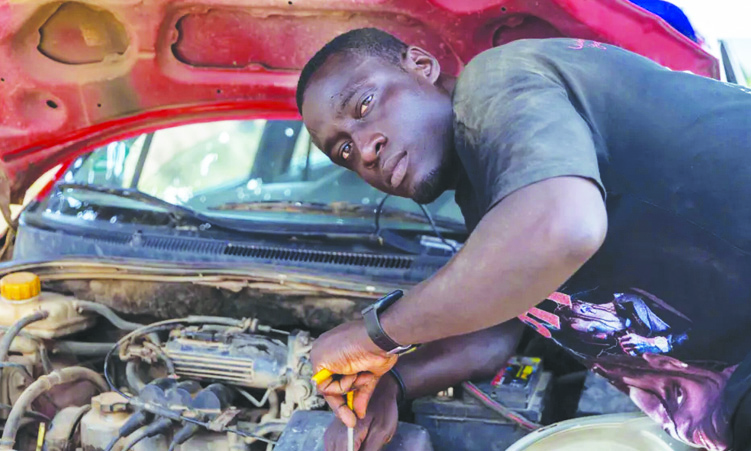The Popular Democratic Movement (PDM) has come under fire by political analysts for recycling its top leadership.
The PDM held its elective congress and manifesto launch over the weekend at Katima Mulilo.
The recycled leaders are party leader McHenry Venaani, his deputy, Jennifer van den Heever, secretary general Manuel Ngaringombe, his deputy Linus Thobias, national chairperson Diederick Vries and treasurer Nico Smit.
The party has added two more top management positions: deputy treasurer Sydney Ndumba and national vice chairperson Rosa Mbinge-Tjiuendo.
Venaani was elected unopposed as the party president and the presidential candidate for the November presidential elections.
Political analyst Rui Tjitende says the results from PDM’s congress shows that the party is not ready for young people to be elevated.
“Yes, there are quite a number of young people who are members of parliament, but now is the best time to groom them in the operational space of the party,” he says.
Tyitende says to usher in the new and the vibrant, the old has to dissipate over time.
“Since Venaani is not coming back for a fourth term, who will replace him after 5 years? Nico Smit? Elma Dienda?” he asks.
“My hunch is that there was an attempt to maintain a racial, ethnic, and gender balance in the top structures as PDM does not want to be labelled as a Herero party,” he says.
Political analyst Ndumba Kamwanyah says the retaining of positions by the top six in PDM poses significant risks to the party’s long-term vitality and adaptability.
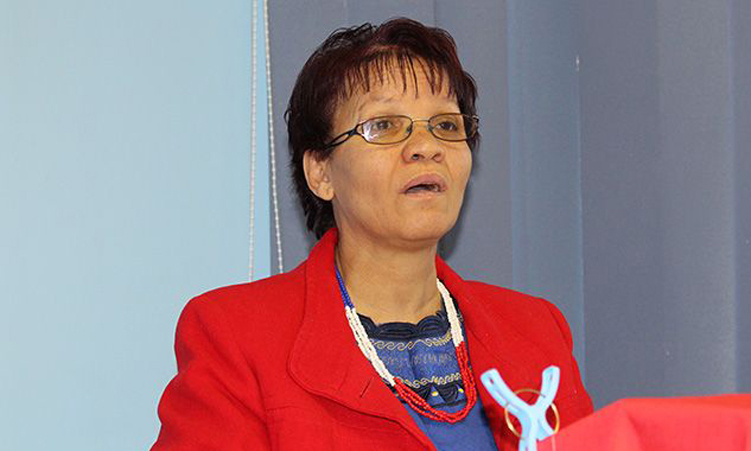
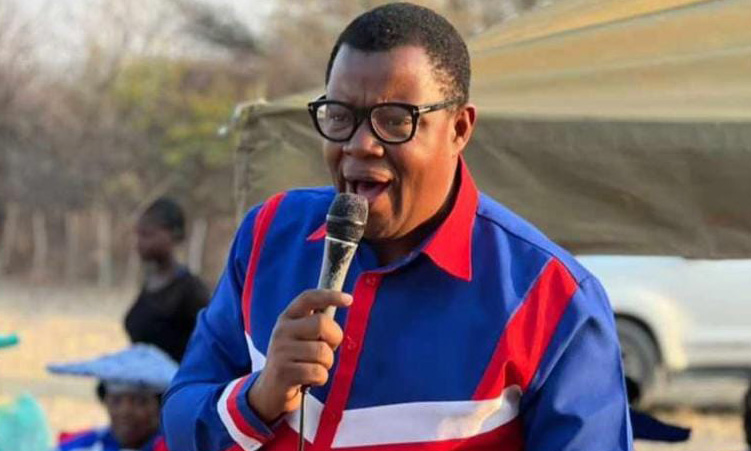
“It could hinder the development of new leadership, create internal divisions and ultimately weaken the party’s appeal to both its members and the broader electorate,” he says.
According to Kamwanyah, for PDM to thrive in the future, it will need to find a balance between maintaining continuity and fostering leadership renewal.
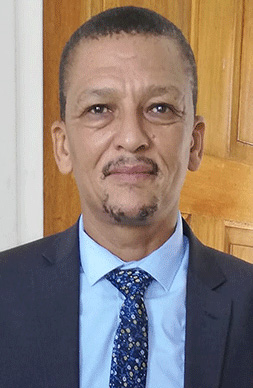
He says it could imply that the party is either unwilling or unable to foster new leaders who could bring fresh perspectives and ideas.
“It raises concerns about the party’s ability to adapt to changing political landscapes and meet the evolving needs and expectations of its electorate,” he says.
He adds that the retention of the same leadership can lead to perceptions of entrenchment, where a small group of leaders dominate the party’s decision-making processes.
“This can create a sense of stagnation and discourage emerging leaders from aspiring to higher positions, as they might feel that the path to leadership is blocked by established figures,” he says.
“Leadership succession is crucial for the long-term sustainability of any political organisation,” he adds.
He says it can lead to complacency, where long-standing leaders may become less responsive to new challenges and less innovative in their approach.
Venaani says the party did all it could to ensure a fair contest and young people were considered.
“People won those positions by votes. Young people must learn to win the support of the delegates,” he says.
He says the party has many young people in key positions that it is preparing for the future.
Venaani was criticised on social media for asking lawmaker Winnie Moongo to give up her plans to run for the party’s vice presidency.
Venaani wanted Moongo to gun for the position at the expense of incumbent Van den Heever.
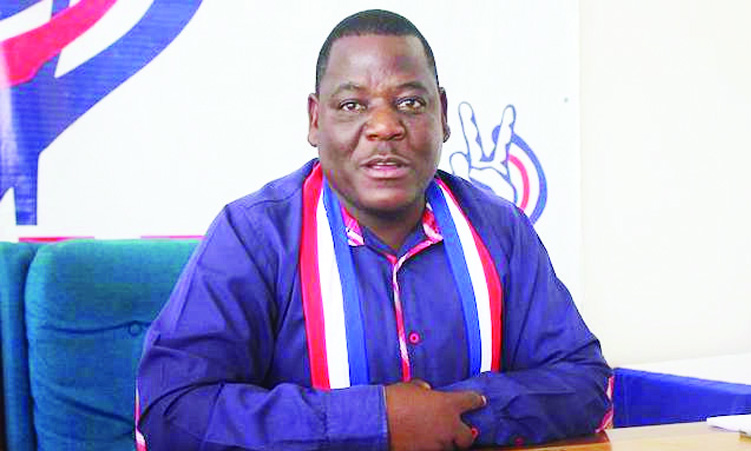
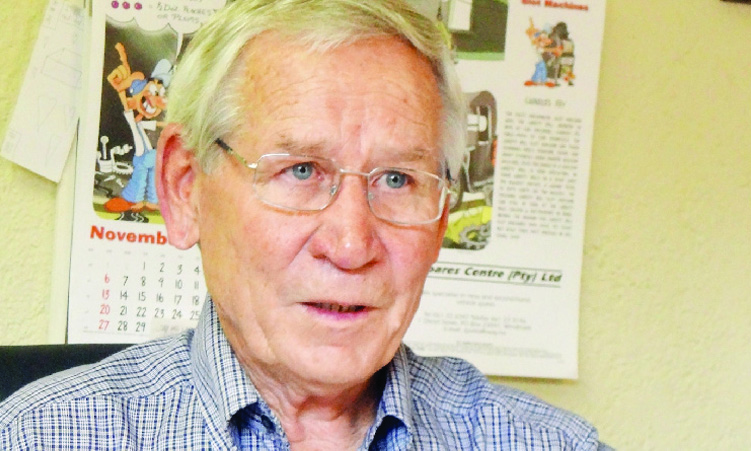
“I’ve realised as a leader, that in order to be fair to the playing field, let the president not support any candidate, so that everybody can campaign free and fair, without using the president’s name,” he says.
“Not that we do not have the interest of young people at heart, but we have a greater interest in the party to be together,” he says.
Meanwhile, former member of parliament Johannes Martin says the slim margins between him and party secretary general Ngaringombe shows that party members wanted change.
“I am satisfied and the people that stood behind me are celebrating. It is not always easy contesting against the incumbent,” he says.
He says there are administration failures within the party that made him contest for the secretary general position.
“We have to accelerate the way things are done. We hosted a congress at the last minute because of a slow administration,” he says.
The PDM congress was supposed to happen in April.
PDM spokesperson Hidipo Hamata pushed for the party’s current top six leaders to be retained.
Hamata was quoted in a statement saying: “I strongly urge all delegates to endorse the current top six leaders for another term. The forthcoming election is a pivotal moment for the movement, and continuity in leadership is essential to navigate these challenging times with the necessary experience and strategic insight”.
Stay informed with The Namibian – your source for credible journalism. Get in-depth reporting and opinions for
only N$85 a month. Invest in journalism, invest in democracy –
Subscribe Now!


